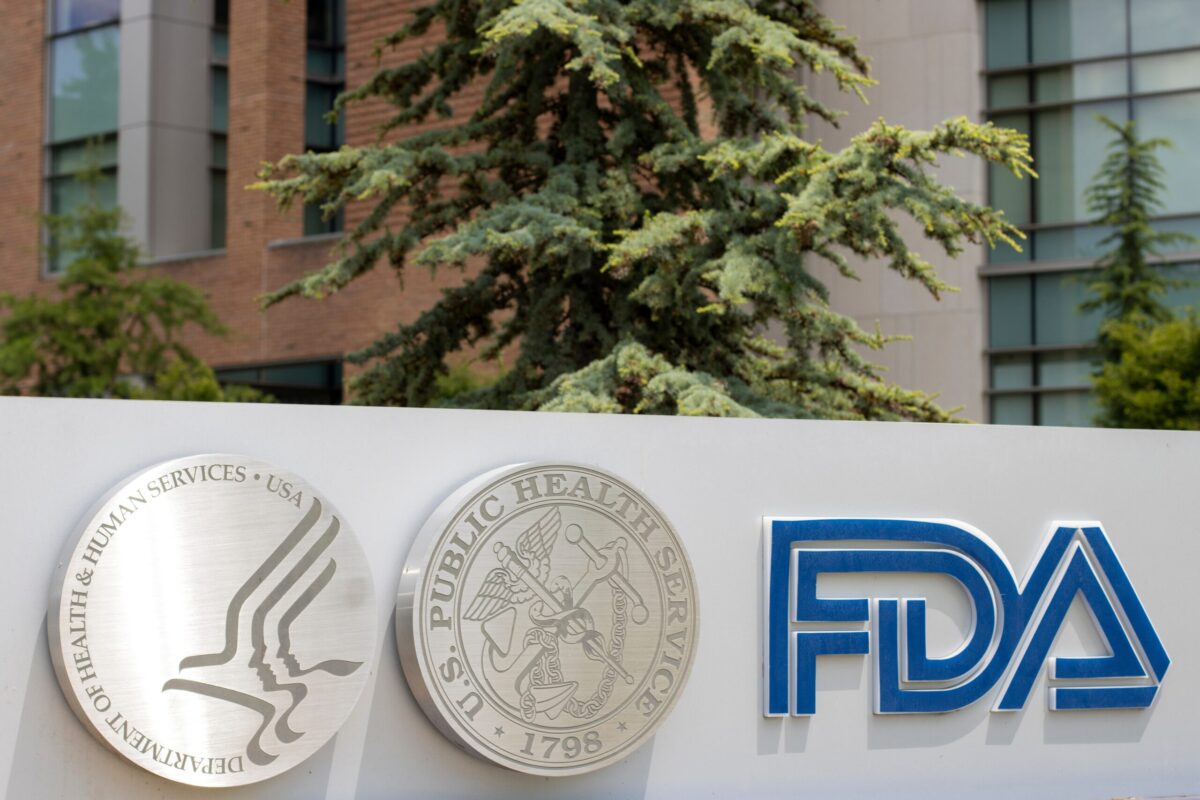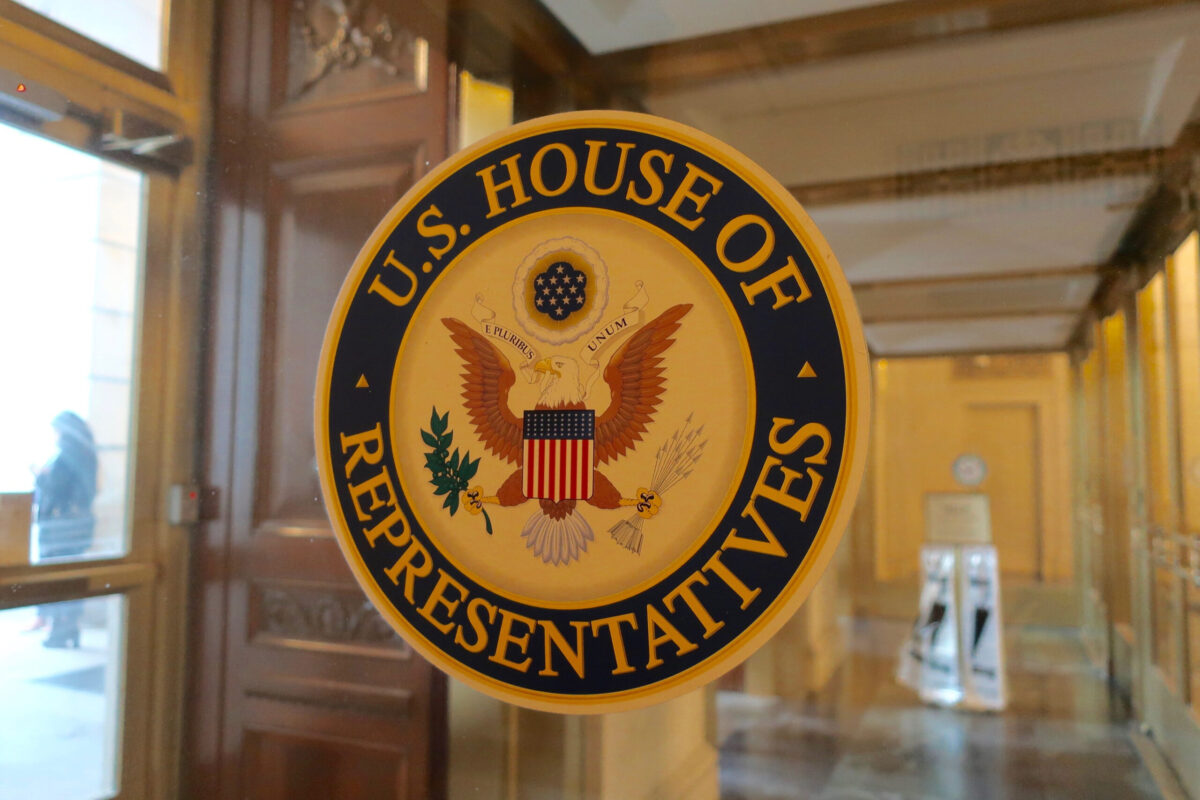The University Health Network (UHN) has launched the Canada Leads 100 Challenge initiative, which aims to recruit 100 early-career scientists to its Toronto facilities.
The initiative seeks to bolster Canada’s position as a global leader in medical research and innovation.
Announced on April 7 at UHN’s Toronto General Hospital, the Canada Leads 100 Challenge will focus on attracting scientists whose work has the potential to drive economic development, foster Canadian-based manufacturing and create high-quality jobs.
At the launch event for the recruitment campaign, Dean Connor, chair of the UHN Board of Trustees, emphasized the initiative’s significance in “Attracting and retaining the best scientists and entrepreneurs is critical to the future economic growth of Ontario and Canada.”
He highlighted that Canada Leads is designed to accelerate the development of a robust science-based economy, leading to world-class discoveries, safeguarding Canada’s universal health system and generating substantial economic benefits in manufacturing, biotech and commercialization.
At the event, Dr. Kevin Smith, president and CEO of UHN, said, “We know there is an incredible opportunity to supercharge our Canadian economy through bold investment in science and technology.”
“And when you look around the world, the evidence is absolutely clear: nations that invest in science don’t just lead in innovation, they lead in prosperity.”
Related: HHS Layoffs Update: FDA, NIH and CDC Layoffs, Resignations and New Hires
Ontario Premier Doug Ford was also present to unveil the program, saying, “I’m thrilled to see UHN launch the Canada Leads 100 Challenge that will attract the best and brightest scientists to Ontario from around the world.”
“Initiatives like these complement Ontario’s significant investments in health care and our life sciences sector to drive Ontario’s cutting-edge medical research that improves the lives of all Ontarians, creates high-quality jobs and strengthens our economy.”
“Canadian-born discoveries” can be commercialized domestically, said Dr. Smith. This also includes potential for establishing a “made-in-Canada supply chain of advanced medical products and services for use at home and globally.”
A $15 Million Launch for the Canada Leads 100 Challenge
To kickstart the endeavor, UHN, with support from the UHN Foundation, has secured an initial investment of $15 million to recruit the first 50 scientists.
The amount will be matched with additional private and philanthropic investment to reach the full 100-scientist target.
Two of UHN’s key fundraising arms — UHN Foundation and The Princess Margaret Cancer Foundation — are actively seeking additional backers to support the mission.
With 10 sites across Ontario, UHN is Canada’s top research network. It has over 20,000 members under its umbrella, including approximately 6,000 researchers.
UHN has consistently been recognized for its excellence in research and patient care. In 2023, it was ranked as Canada’s top research hospital by Research Infosource Inc., a position it has held since 2011.
Additionally, UHN’s Toronto General Hospital was ranked third globally and first in Canada in Newsweek’s 2025 hospital rankings.
In addition to a two-year research funding commitment, UHN shared that recipients of the Canada Leads award will receive personalized coaching and mentorship from leading entrepreneurs.
To further support a smooth relocation process, UHN is also adding a Global Mobility Expert to its team, dedicated to assisting new scientists as they transition to living and working in Canada.
“Canada Leads represents a bold and urgent call to action — an investment in talent, discovery and a healthier, more prosperous future,” said Julie Quenneville, CEO of UHN Foundation. “At UHN Foundation, we are proud to help ignite this vision by supporting the world’s most promising scientists to Canada’s No. 1 hospital, ensuring that breakthrough ideas take root and flourish right here at home.”
UHN said achieving a genuine shift to a science-driven economy demands bold investments and policy reforms from all levels of government — federal, provincial and municipal — to establish Canada as a premier destination for top global talent.
The health network said it looks forward to working with the next Government of Canada following the current election campaign.
Funding Concerns
While many scientists are praising the program as innovative, many also expressed concern that new recruits will be entering a country where research funding has been steadily declining, leaving Canadian scientists with limited support.
According to reporting by CTV News, in 2024, just 435 of the 2,631 scientists who applied for funding from Canada’s three major federal research agencies received approval. This is a failure rate of 83%.
In 2017, former University of Toronto president David Naylor put together a report in which he urged the federal government to inject $1.3 billion into the Canadian Institutes of Health Research (CIHR), the Natural Sciences and Engineering Research Council (NSERC) and the Social Sciences and Humanities Research Council (SSHRC).
However, that level of investment was never realized.
UHN’s Dr. Smith echoed continuing calls for bolstering funding for science research, advocating for a $10-billion investment in CIHR alone.
Recruitment Opportunity Amid Growing Uncertainty in the US
During Trump’s first term, many scientists and physicians expressed concern over the administration’s anti-science rhetoric and political interference in evidence-based decision-making.
This was especially evident during the COVID-19 pandemic when concerns emerged about censorship within the CDC and other federal agencies.
For his second term, Trump seems to be picking up right where he left off.
Trump kickstarted his presidency this year by proposing a 15% cap on indirect costs for NIH grants.
The move would have effectively reduced funding by approximately $4 billion annually, jeopardizing ongoing research projects and leading to potential layoffs.
A coalition of 22 state attorneys, medical associations and universities filed a lawsuit against the proposed cuts, alleging they were unlawful.
At the beginning of March, a federal judge issued a nationwide injunction to block their implementation.
Trump also hired RFK Jr. as the US HHS health secretary. This was seen as a controversial appointment, given RFK Jr.’s long-standing anti-vaccine rhetoric.
In March, RFK Jr. announced a significant restructuring plan for federal health agencies, including the FDA, CDC and NIH. The plan involved the elimination of approximately 10,000 positions.
The job cuts went into effect on April 1. However, shortly after, RFK Jr. backtracked and said some of the cuts had been a mistake and that some of the affected employees would be reinstated.
The HHS health secretary says the restructuring aims to streamline operations and reduce bureaucracy within the department.
Critics, however, express concerns that such extensive cuts could undermine public health initiatives and impede critical medical research efforts.
Due to the sweeping cuts and continuing uncertainty, according to surveys conducted by the science journal Nature, among 1,600 scientists surveyed, 75% said they were considering leaving the US.
“As others pull back, Canada must step up. The opportunity is now,” said UHN’s Dr. Smith.
“The time is now. The opportunity is now.”
Quenneville echoed this during the launch, stating, “Some of the top scientists are looking for a new home right now, and we want UHN and Canada to seize this opportunity.”
Positioning Canada as a Global Life Sciences Leader
The provinces of Manitoba and British Columbia have recently launched their own initiatives to attract more healthcare professionals from the US.
Manitoba Premier Wab Kinew even made a call for scientists in the US to consider moving to the province.
In response, dozens of scientists, researchers and academics wrote an open letter to the government of Manitoba this week — signed by over 200 researchers — asking how the province expects to attract new talent while simultaneously cutting funding to Research Manitoba.
Research Manitoba provides most of the province’s research support across health, natural and social sciences, engineering and the humanities.
Funding cuts to the agency and recent budgets have done little to change course.
The agency’s total program spending dropped by nearly 51%, falling from over $26 million in 2016 to $12.7 million in 2023. The 2025 budget includes an additional $100,000 for Research Manitoba.
Meanwhile, Ontario has also rolled out an initiative to build a global life sciences hub that includes a focus on domestic biomanufacturing. So far, it has secured investments from biomanufacturers like OmniaBio as well as pharma giant AstraZeneca.
In 2024, CDMO OmniaBio debuted its new state-of-the-art facility for cell and gene therapy manufacturing in Hamilton, Ontario.
Last month, AstraZeneca announced a $570 million investment in its Canadian operations in Ontario.
If you want your company to be featured on Xtalks.com, please email [email protected].











Join or login to leave a comment
JOIN LOGIN